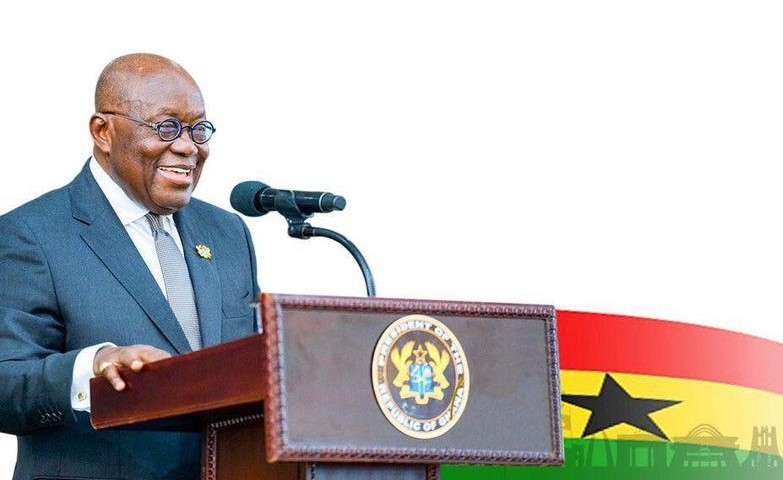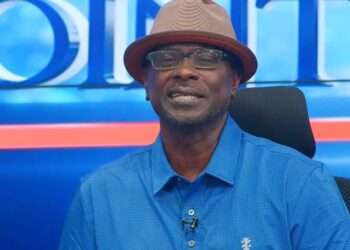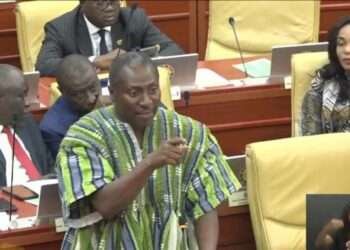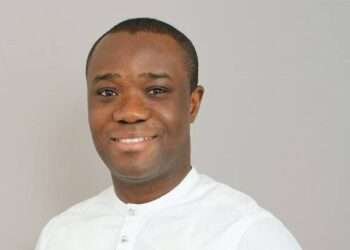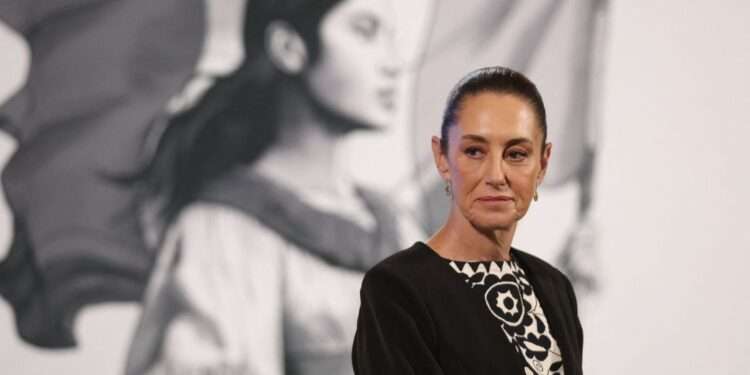The much anticipated State of the Nation’s Address (SONA) 2024, by the President of Ghana, H.E Nana Addo Danquah Akufo-Addo, has been attended and monitored by many who wish to know the plan of the government towards their respective sectors.
The 2024 SONA focused on many sectors including security, election, economy, digitization and technology, health, and education among many others. The President’s account to the nation on education has been one of delight in the achievements and hope for improvement in the sector.
Accordingly, the President indicated that the Free Senior High School (SHS) policy which was the party’s campaign policy has achieved immense success. He stated that the project in the last seven years witnessed an increase in enrollment in the secondary level of education and surged the literacy rate of the country.
He also stated that the policy has unearthed talents that will contribute to Ghana’s development in various sectors such as medicine, education, health, engineering, and literature among others. He argued that these talents could have been lost without the intervention of the Free SHS policy.
“I believe the success of the Free SHS has answered its critics and the arguments about it should cease, and we should simply concentrate on finding ways to improve it. I am particularly glad that the fears about lowering standards have been allayed. Refreshingly, we witnessed, through the 2023 batch of Free SHS students, the best WASSCE results in a decade”.
H.E Nana Addo Danquah Akufo-Addo
The President further spoke about extending the government’s effort to improve education to the basic levels of education like kindergarten, primary school, and Junior High School (JHS).
He indicated that the implementation of various programs such as the Capitation Grant, Feeding Grants to special schools, and free BECE registration for pupils in public Junior High Schools, have significantly increased access to education at the basic level.
The President also disclosed that a comprehensive reform at the primary level of basic education ensured that young schoolchildren are equipped with basic literacy and numeracy skills before they graduate from primary six (6).
Progress in the Areas of STEM And TVET
Accordingly, the President indicated that progress has been made in the area of STEM (Science Technology, Engineering, and Mathematics) as well. He detailed that the government has begun the construction of twenty (20) pre-tertiary STEM schools and centers nationwide.
He stated that seven (7) STEM Model schools are currently operating. He detailed that the operating schools have been equipped with modern laboratories and classrooms, dormitories, assembly halls, dining halls, and conducive environments to foster teaching and learning
“Mr. Speaker, in recognizing the critical role of Technical and Vocational Education and Training (TVET) in the country’s industrialization agenda, the government continued implementing key reforms in the TVET space, including the expansion of the Free Senior High School program to include students in public TVET institutes”.
H.E Nana Addo Danquah Akufo-Addo
Moreover, the President revealed that the government did more to improve education in the formal sector. He stated that the government in collaboration with the Ministry of Education instituted a pioneering financing programme called the Ghana Educational Outcome Project (GEOP).
The goal of the GEOP, the President stated, is to provide financial support to school dropouts to receive complementary education and reintroduce them to the formal education sector.
The President indicated with pride that the government had successfully taken 17,340 out-of-school children through the program and mainstreamed them into formal schools in 2023. “This program has worked so well that it won the GOVTECH PRIZE award in February 2024, at the World Government Summit held in Dubai” he added.
More so, the President stated that the government’s initiative, the ‘No Guarantor Policy’ under the Student Loans Trust Fund (SLTF), has increased enrollment at the tertiary level. He emphasized that the policy has enabled students from disadvantaged economic backgrounds to have access to loans without any impediment to sponsoring their education.
The President specified that though many investments were made into the educational sector over the years, a lot more remains to be done. He noted that basic schools lack classroom blocks and furniture. Also, schools in the secondary circle lack some basic amenities such as school clinics, and dining halls, and desks.
The President showed his appreciation to teachers in schools that lack these essential facilities for their contribution to education while he assured them of the government’s commitment to deliver on its promise of providing some Senior High Schools with desks for students.
READ ALSO: Parliament’s Positioning: The Need For A Constitutional Review

